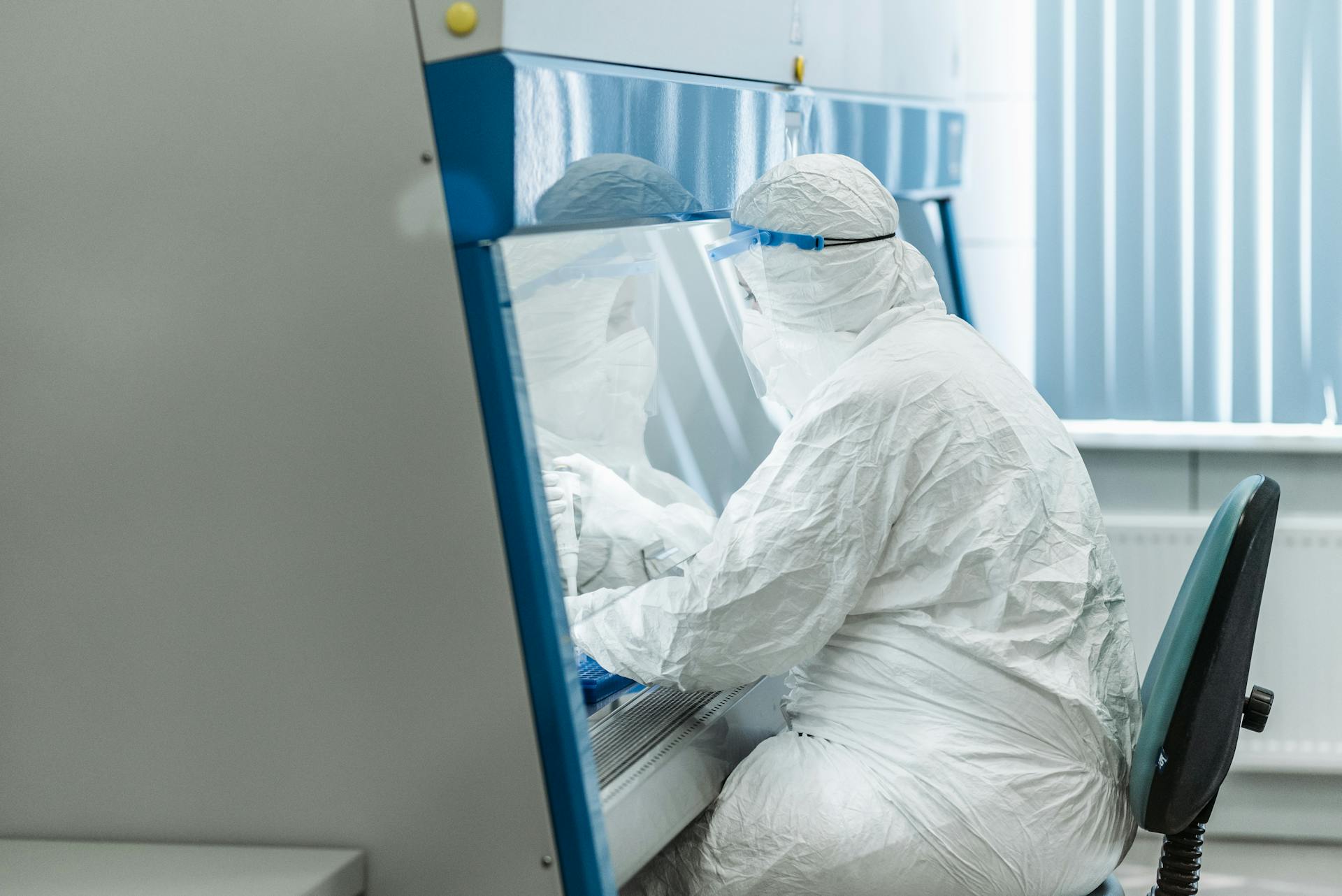Science policy shapes how research is funded, shared, and regulated. It impacts which technologies get the spotlight. In recent years, one field has been popping up more in policy talks. That field is single-cell research. Scientists are now able to study cells one at a time. This wasn’t always easy to do. But advances in tech have changed that.
Single-cell tools are changing how we understand disease, aging, and the human body, paving the way for precision medicine. Governments and funding groups are taking notice. These breakthroughs are starting to affect science policy in a real way.

Why Single-Cell Research Matters Now
Research in this field goes deeper than traditional methods. It lets scientists zoom in on individual cells instead of looking at cell groups. This gives a much clearer picture. It helps show how even similar-looking cells can behave differently.
A big part of this growth comes from single cell omics. This includes things like genomics, transcriptomics, and proteomics—done at the single-cell level. These approaches are helping scientists catch early changes in cells. That can be huge for spotting diseases early. It also helps researchers develop more tailored treatments.
A Push for Personalized Medicine
Policymakers want better results from healthcare. That includes more accurate diagnoses and treatments. Single-cell research makes that possible. By looking at how a person’s individual cells act, doctors can create more personalized care plans.
This fits well with the push for precision medicine. Science policy is starting to follow that lead. More funding is going toward research that takes the individual into account. That includes studies built on single-cell techniques. As these policies grow, they create more support for labs and researchers doing this kind of work.
Big Data, Big Questions
This kind of research creates huge amounts of data. That’s both exciting and tricky. Scientists need to make sense of all that information. They also need to store it and share it. These things bring up questions around privacy, access, and ethics.
Science policy is stepping in to set rules and standards. Governments and organizations are working on ways to manage data better. They are talking about how to keep patient info safe. At the same time, they want to make sure research is open and helpful for others. Single-cell research is now a big part of these discussions.
Equal Access to Innovation
New tools and technologies are expensive. That’s a problem for smaller labs or countries with fewer resources. If only some groups can afford single-cell research, it could make the gap between research communities even wider.
Science policy is starting to look at that issue. Some programs are offering grants or support to labs in lower-income areas. There is a growing focus on making this tech more accessible. That includes pushing for shared resources and open-source tools. More fairness in research means more breakthroughs for everyone.
Supporting the Talent Pipeline
Doing single-cell research takes special skills. Scientists need to know how to use advanced tools. They also need to be good at handling data. That means there’s a growing demand for training and education.
Science policies are starting to reflect that. More funding is going toward training programs. Some schools are starting to offer more courses focused on single-cell work. Internships and fellowships are also growing. The goal is to build a strong group of researchers ready to take on this work.
Shaping Global Health Policy
Single-cell studies have the power to change how we treat major diseases. That includes cancer, autoimmune issues, and infections. As more research is done, global health policies are starting to shift. They are starting to include results from this kind of science.
Organizations like the World Health Organization are paying attention. They want to use the most up-to-date research when creating health plans. Single-cell findings are showing up more in those conversations. That influence is likely to grow in the coming years.

A Spotlight on Ethical Considerations
Any time science gets more detailed, there are ethical issues to think about. Single-cell work can raise new questions. What happens when we can track rare cell types tied to certain health conditions? How do we keep that info private? How should we use it?
These are the kinds of questions science policy needs to answer. Ethics boards and review groups are working hard to keep up. New rules and frameworks are being put in place. The aim is to make sure the research stays helpful and fair. This is a key part of supporting long-term trust in science.
The Road Ahead
Single-cell research is no longer just a niche area. It’s becoming a major part of how we understand biology. It’s pushing science to be more accurate, personal, and thoughtful. As the tools improve, and the insights grow, so will the influence of this field.
Science policy is adjusting to keep pace. It is focusing more on funding, access, training, and ethics. This shift is helping researchers do their work better and reach more people. If the trend continues, single-cell research will likely help shape the future of healthcare and science itself.

Founder Dinis Guarda
IntelligentHQ Your New Business Network.
IntelligentHQ is a Business network and an expert source for finance, capital markets and intelligence for thousands of global business professionals, startups, and companies.
We exist at the point of intersection between technology, social media, finance and innovation.
IntelligentHQ leverages innovation and scale of social digital technology, analytics, news, and distribution to create an unparalleled, full digital medium and social business networks spectrum.
IntelligentHQ is working hard, to become a trusted, and indispensable source of business news and analytics, within financial services and its associated supply chains and ecosystems










